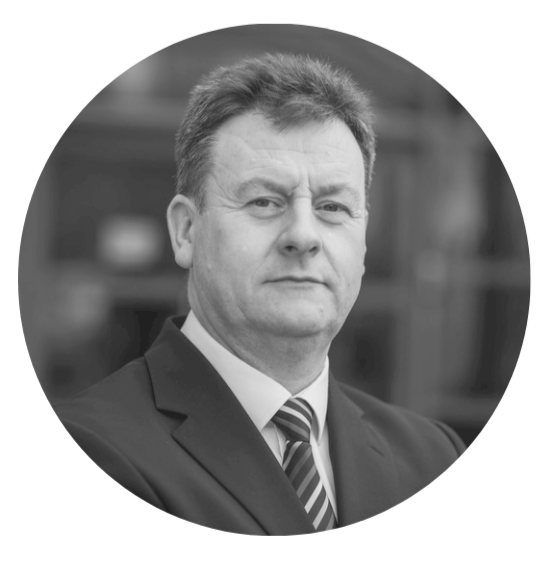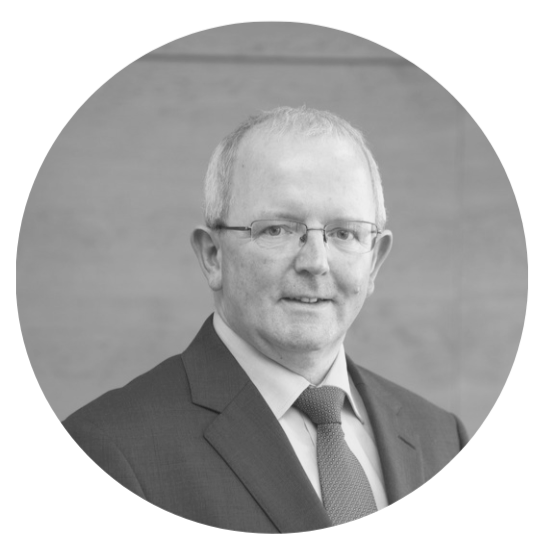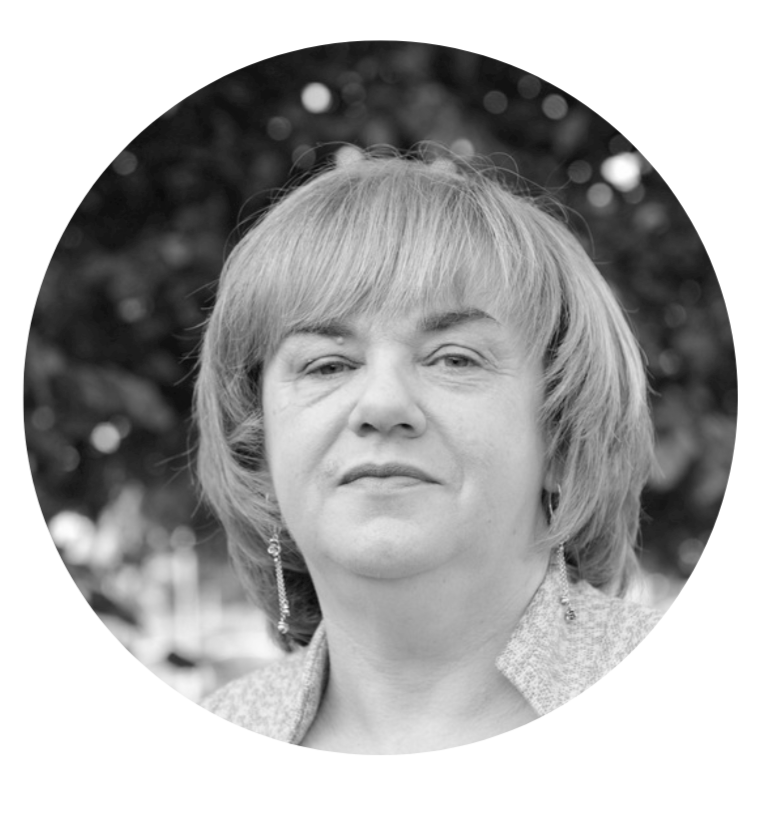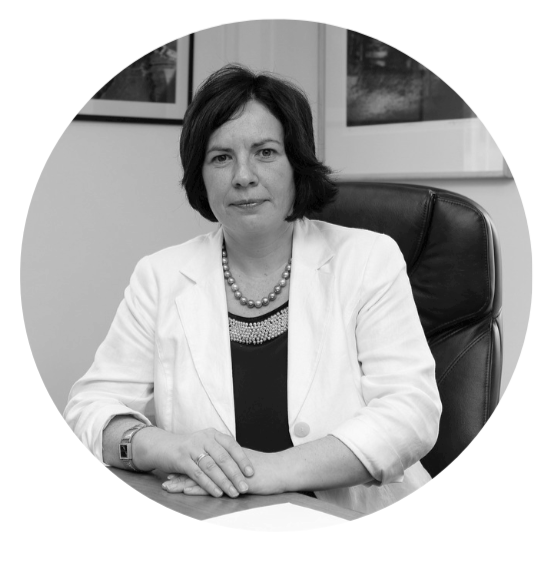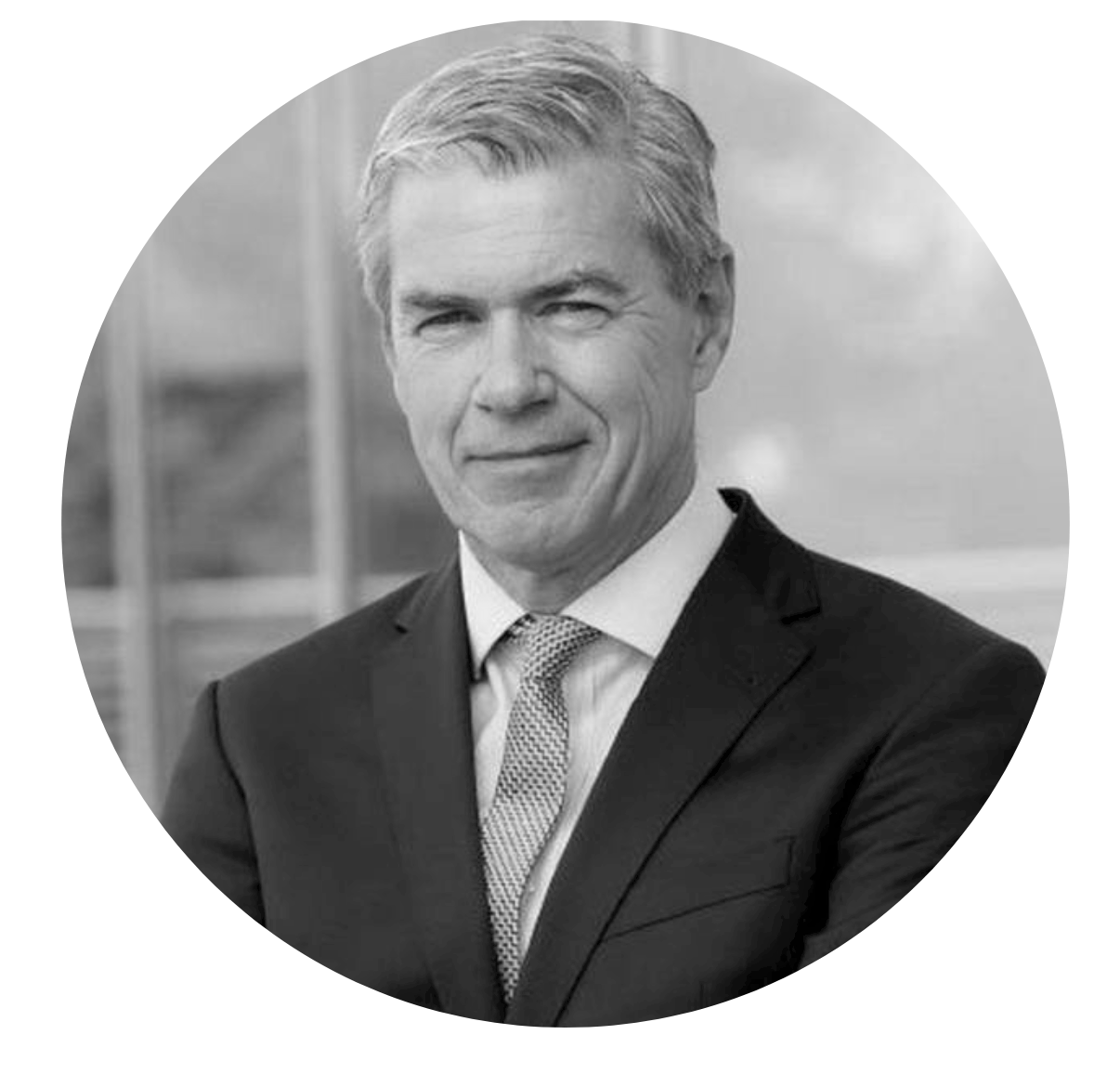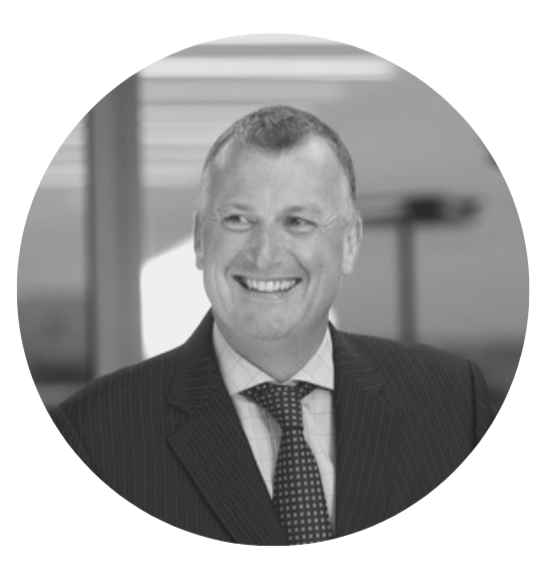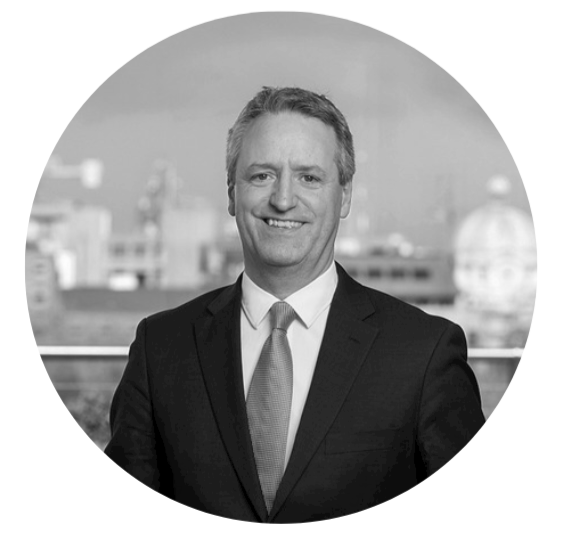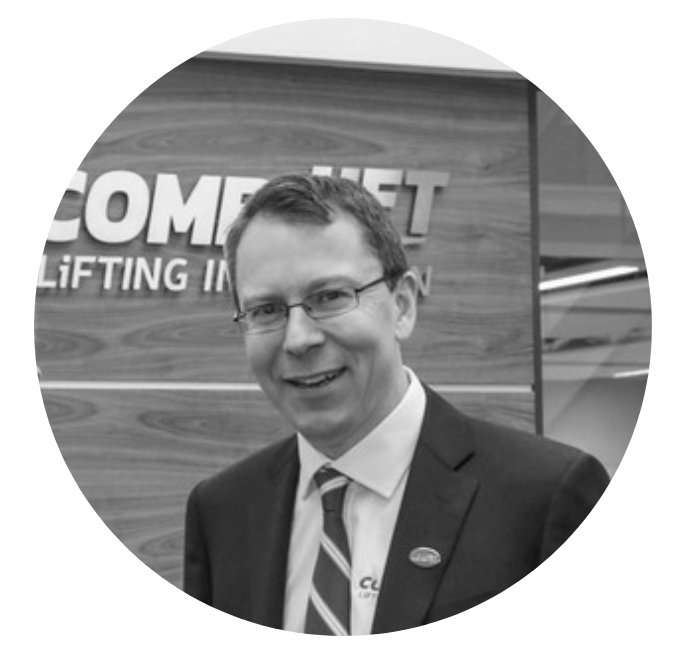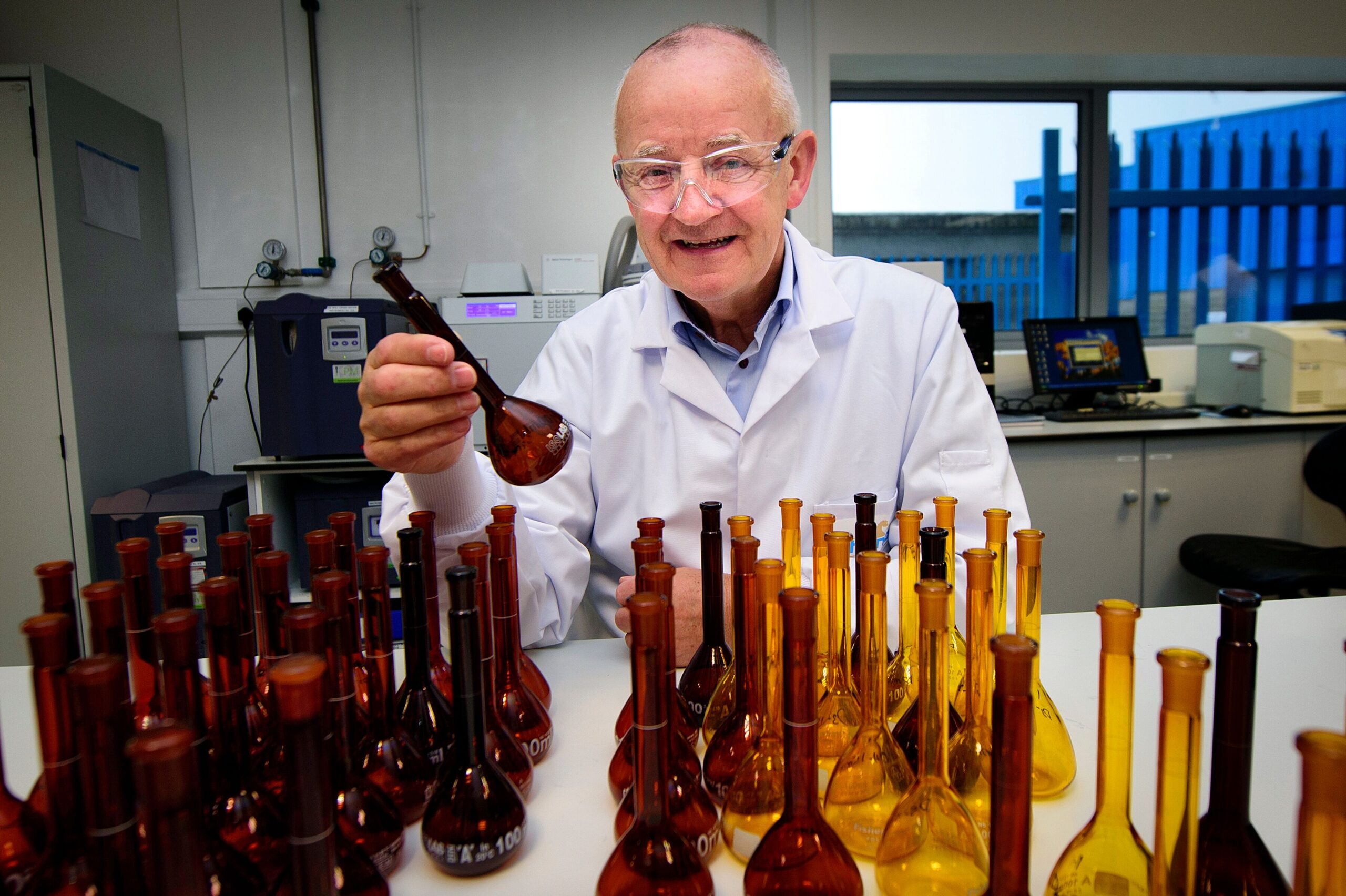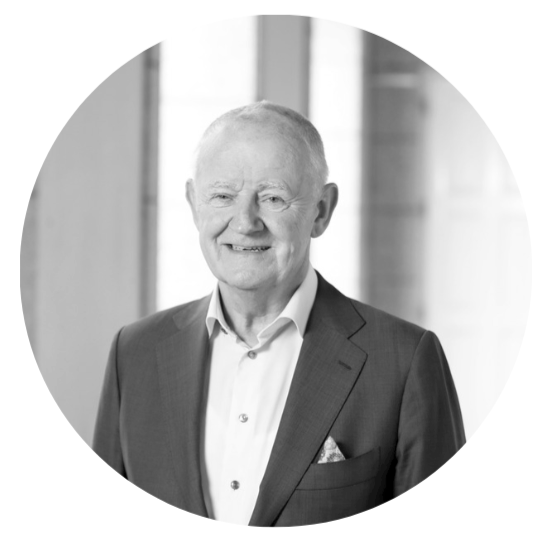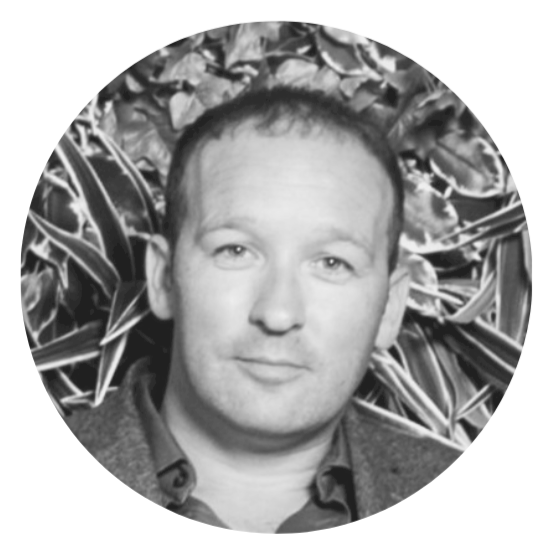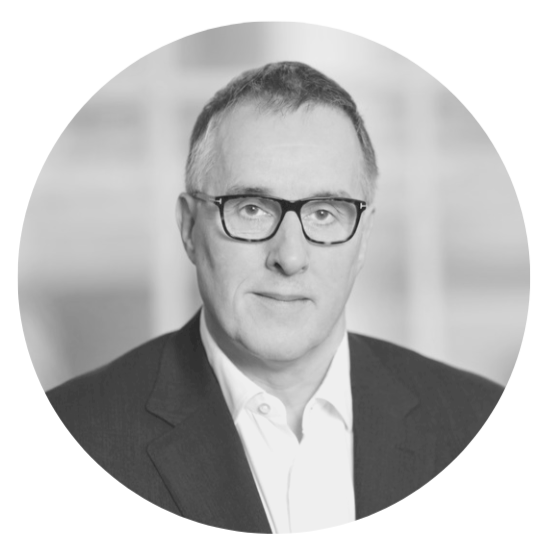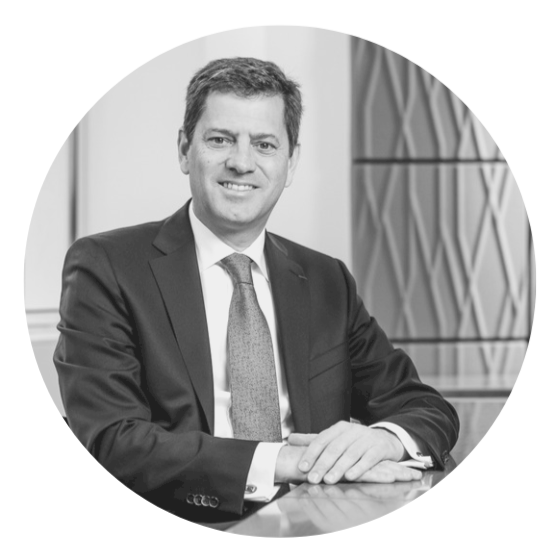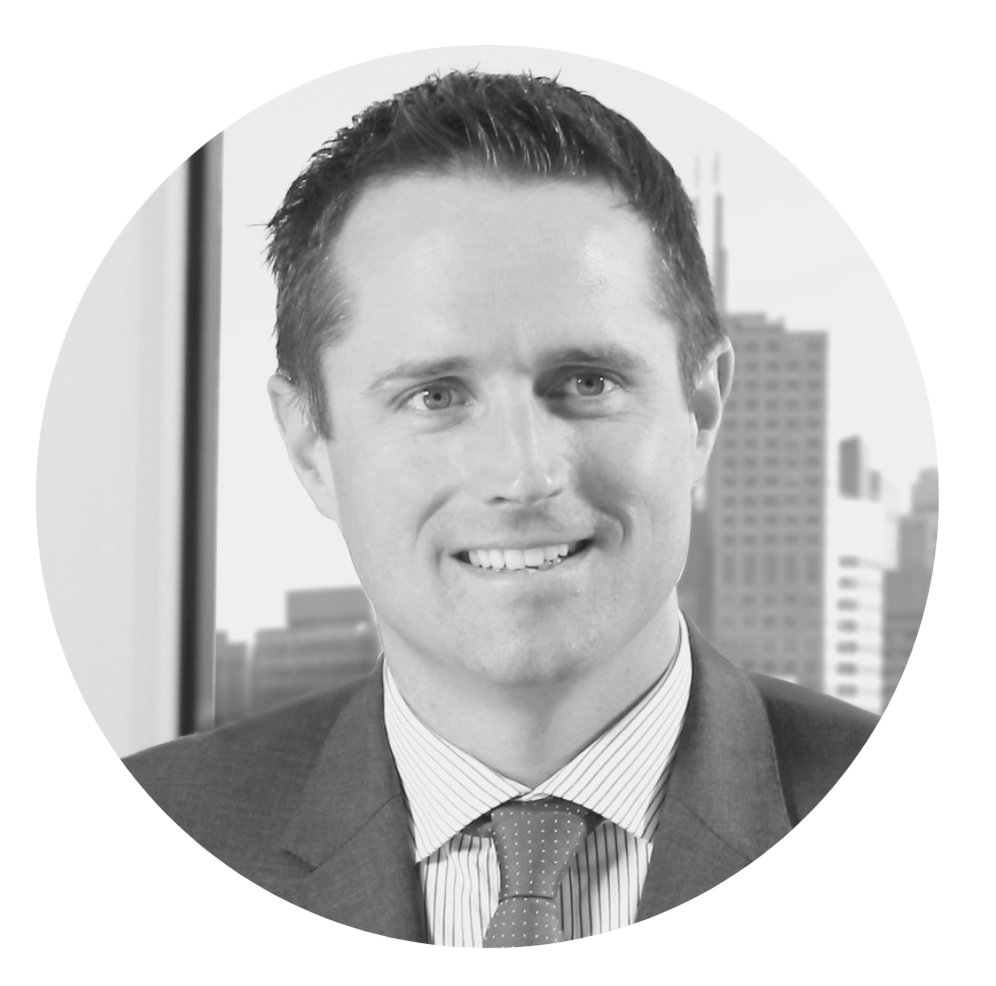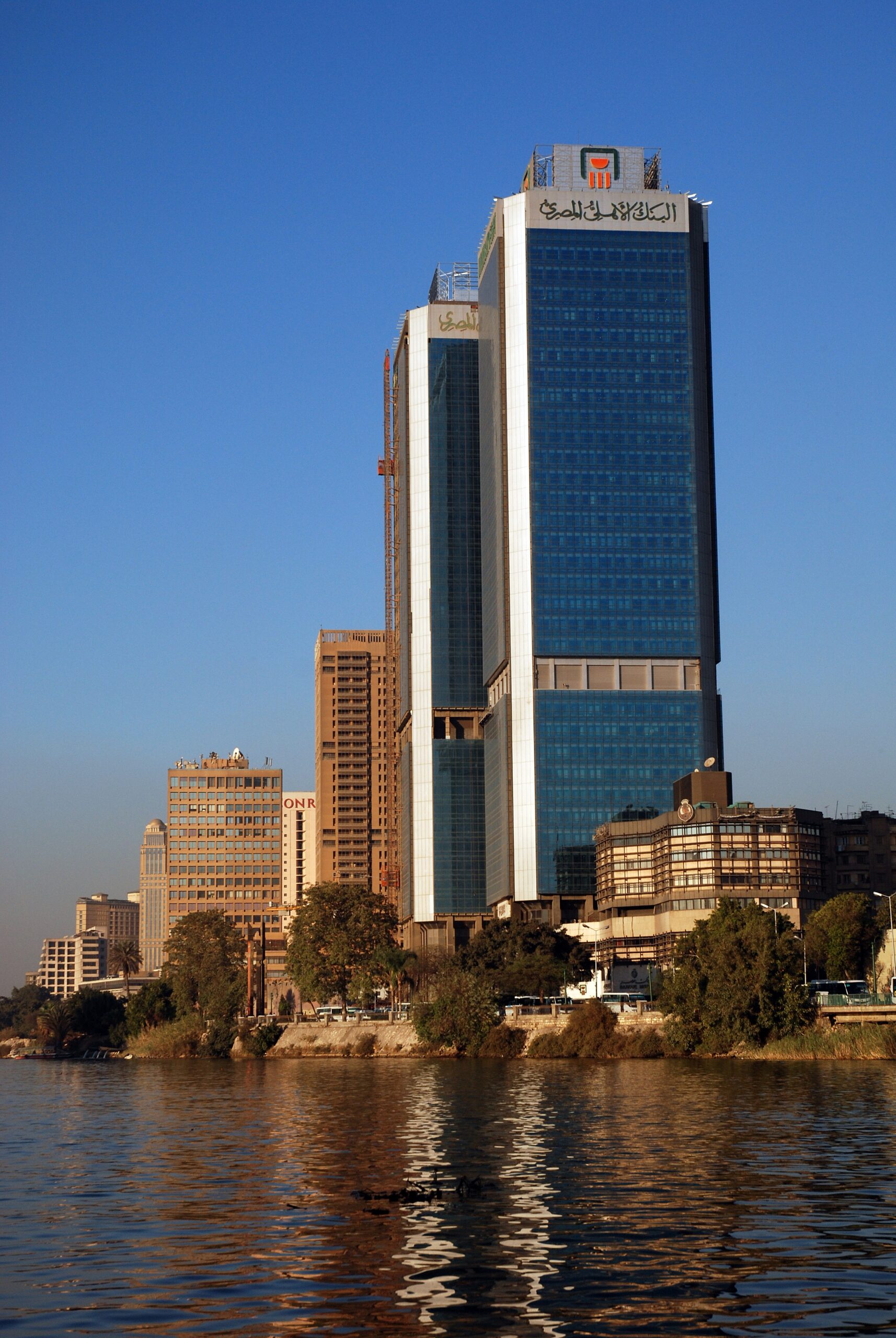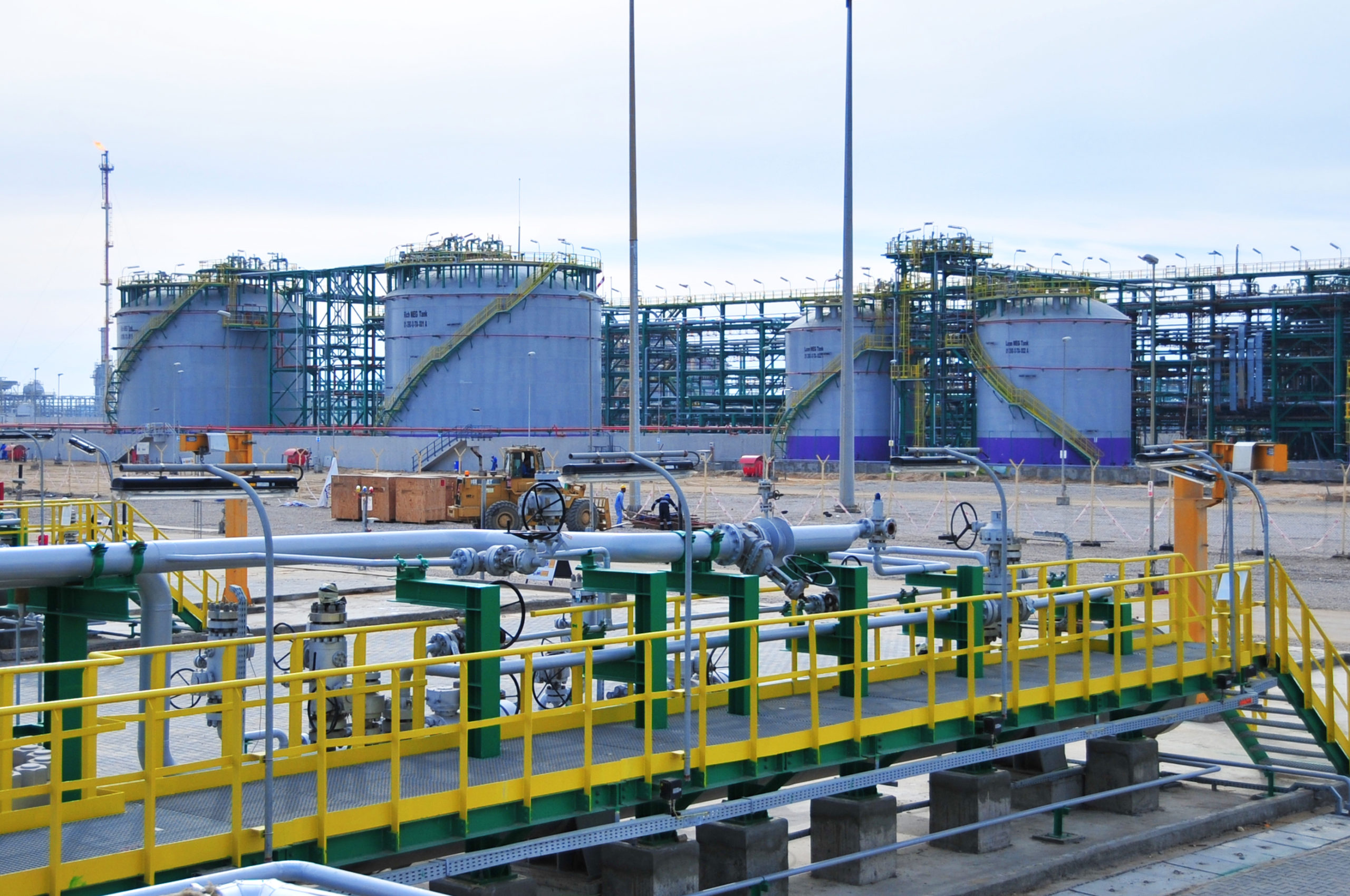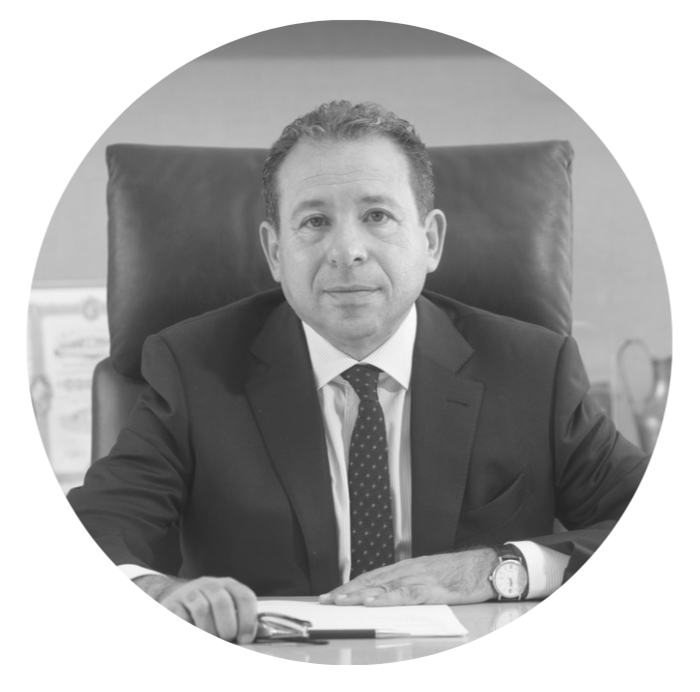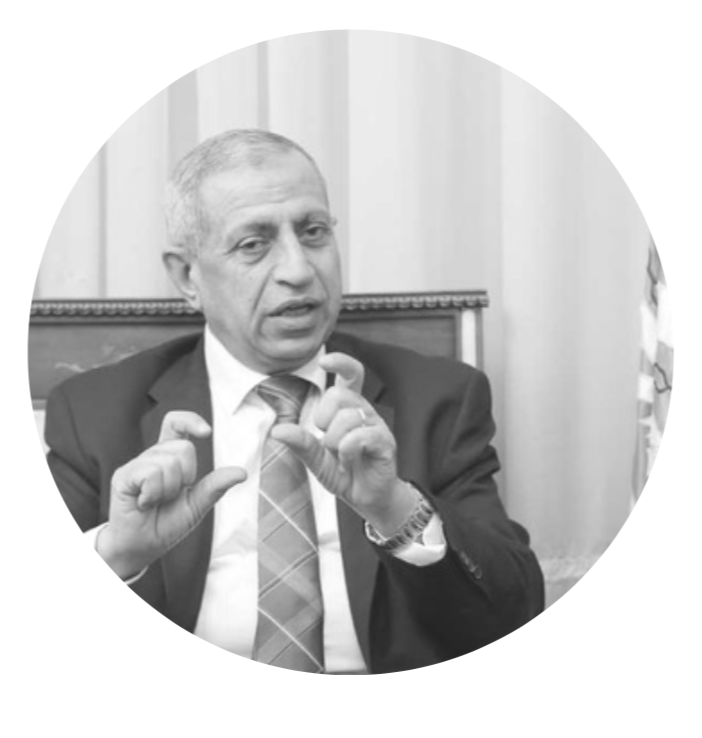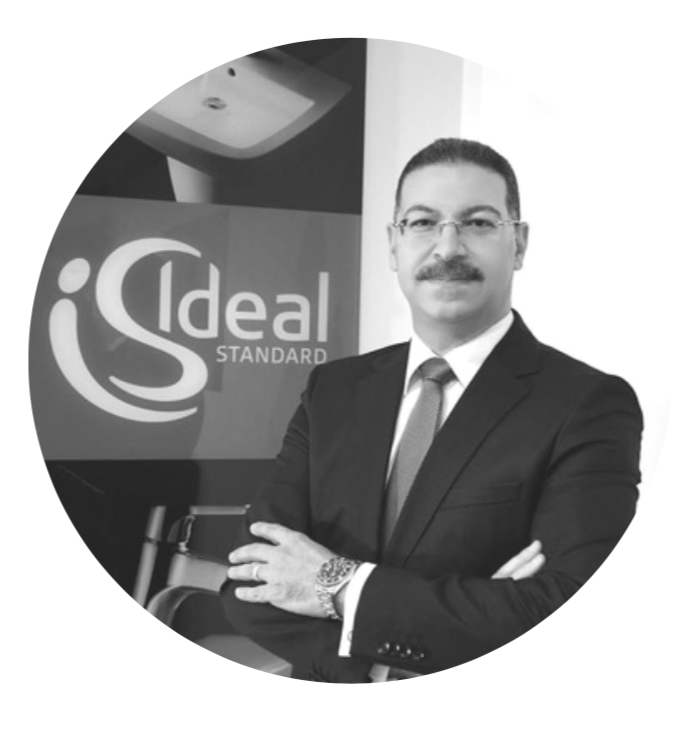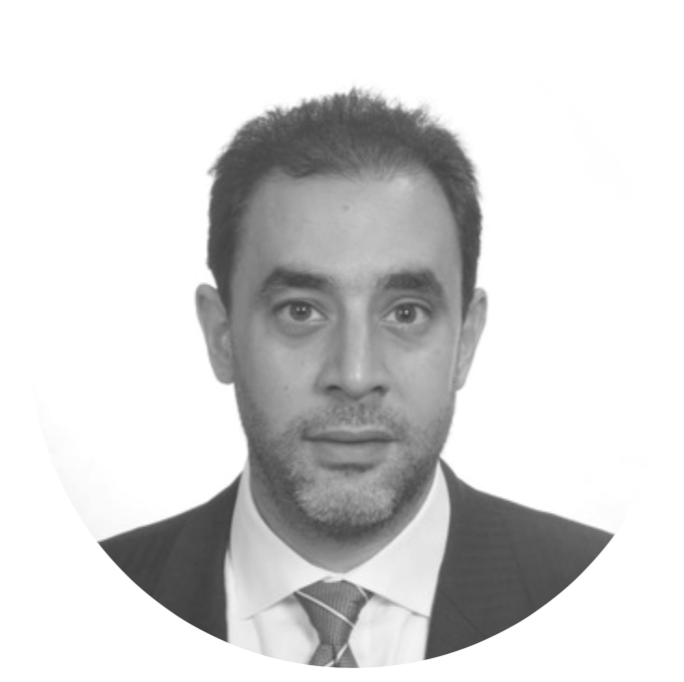
Environmental concerns are likely to return to the top of the USA’s political agenda following the election of Joe Biden as president. Biden pledged the USA would re-enter the Paris Climate Agreement, the global pact forged five years ago among nearly 200 nations to avoid the worst impacts of climate change, on “Day One” of his administration. The President has embedded climate-minded officials throughout his team and new environmentally-friendly legislation across the Federal Government is expected in the coming years. The Biden administration will likely implement new laws to tackle the scourge of plastic packaging. It is one of the key environmental threats facing the globe, but sadly the USA is lagging behind other countries in tackling the problem. Recycling is the best waste management treatment of plastic from an environmental perspective, according to the World Economic Forum’s International Report. Yet currently the USA recycles just 30 percent of the plastic used in polyethylene terephthalate (PET) bottles, for example, according to the Environmental Protection Agency (EPA). In contrast, Europe recycles 60 percent.
In Switzerland, that figure rises to 82 percent, home to a leading global player in sustainable logistics packaging, the Utz Group. This company has been creating and manufacturing suitable, sustainable, reusable logistics packaging, and technical parts made from plastic for over 70 years.

Utz spearheads the revolution in environmentally-friendly industrial packaging
Utz has been a pioneer in terms of championing sustainability and corporate responsibility. Chief Executive Officer Axel Ritzberger recounts, “Georg Utz, who founded the company in Zurich in 1947, was a great believer in the importance of corporate responsibility. When plastics first began to come into the market in the 1950s, he recognized that oil, where polymers come from, was a finite resource, and that recycling would be key to making the most efficient use of the commodity.”
Ritzberger added, “Our founder said the company should commit to the production of recycled packaging and avoid one-way packaging. That basic idea is even more important today than when George Utz first outlined it in the 1950s.”
Today, Utz serves a worldwide market and employs 1200 personnel across eight locations on three continents. Utz focuses on the development, manufacturing, and distribution of plastic-made reusable packaging systems for transport, warehousing, and intralogistics, as well as technical parts for professional applications. Its bespoke approach results in customized packaging solutions that adapt to changing needs in automated manufacturing and logistical processes.
Utz supplies a wide range of industries, including the automotive sector, food manufacturing and supply, home shopping, as well as the retail and pharmaceutical sectors.
In every case, Utz works with customers to develop packaging solutions that meet their individual needs. However, sustainability is the central and common theme applicable to all of the company’s products, as Ritzberger underlined.
“Our most important principle is the careful use of natural resources. Modern plastics technology enables creative and sustainable solutions. The plastics we utilize are 100 percent recyclable.”
Axel Ritzberger, CEO, Utz Group
“Our most important principle is the careful use of natural resources. Modern plastics technology enables creative and sustainable solutions. The plastics we utilize are 100 percent recyclable.”
Utz focuses on the use of plastic for its excellent technical properties, which enable the production of lightweight yet robust products. All of their products are designed for long-term reusable use of up to 20 years, in addition to being fully recyclable. Once the lifecycle of Utz’s packaging products comes to an end, they are designed to be recycled to enable the company to extract high-quality raw materials with proven characteristics. Utz refers to these recycled raw materials as Utz Industrial Compound, or UIC, which is used to create new premium quality products. It calls this process its “cycle of sustainability”. This process allows Utz to reduce its CO2 emissions by up to 50 percent. Furthermore, by focusing on local production, Utz ensures short transport routes on three continents. Utz’s goal is to offer its customers long-term climate-neutral recyclable packaging.
Utz targets major expansion in North America
Utz has manufacturing plants in Switzerland, Germany, France, the United Kingdom, Poland, China, Mexico, and the USA, where it has a plant in Indiana. In 2021, Utz will be opening a new plant in Mexico. North America accounts for around 15 percent of the company’s revenues. The company regards the region as the key market in the long term and aims to raise overall sales in North America to around 30 to 40 percent of sales.
Ritzberger believes Utz can achieve this goal, “by focusing on the main trends affecting our customers, including logistical automation, which is revolutionizing the sector globally but is in its infancy in the USA.” Automation is having a dramatic impact on industry in general, including in the packaging sector. Utz’s considerable experience in the automated production of packaging provides a key advantage over competitors when it comes to designing customer-specific packaging and Ritzberger hopes the bespoke solutions could prove decisive in gaining market share in the fast-growing North American market. “Our aim is to understand the needs of individual clients and design products that meet the needs of those customs. We think we do this better than anyone else, and it is why all our products are made to meet the specific needs of each customer,” Ritzberger concludes.
Environmentally-friendly products will only succeed if they are also efficient and make economic sense. Utz’s success over the past 70 years would indicate that the company is highly adept at producing packaging solutions that achieve all of those goals.

